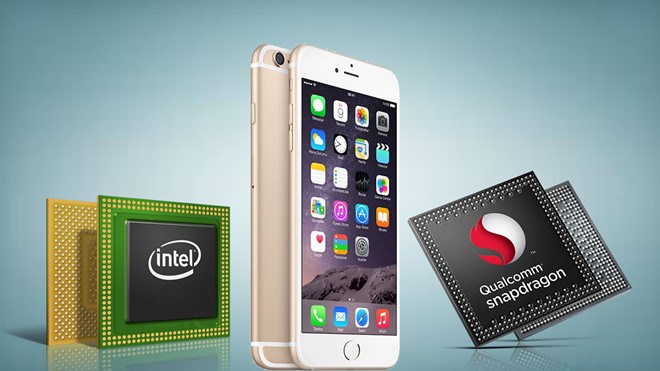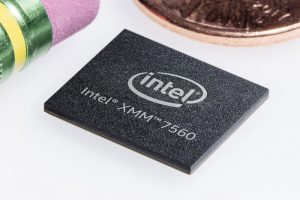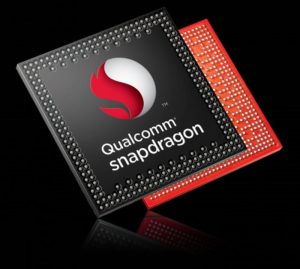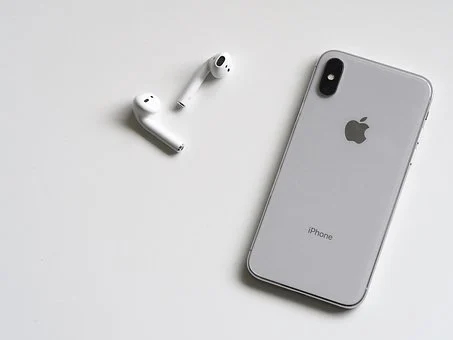At an earnings call with analysts, Qualcomm CFO George David said: “We believe Apple intends to solely use our competitor’s modems rather than our modems in its next iPhone release”. This sparked a huge discussion over the matter. Qualcomm and Apple have been involved in several lawsuits for royalty disputes and infringement matters for a very long time now and this is when Apple and Qualcomm parts their way. This gave Qualcomm’ competitor Intel a fair chance to create modems for all iPhones manufactured henceforth thereby rolling out a single variant of iPhones worldwide.
Those who don’t know about Qualcomm and Intel modems is that Apple has been using modems from both of these modems makes. In every iPhone model, a Qualcomm modem is used for smartphones with Verizon, Sprint, all U.S. unlocked phones, Australia, China, and India’ markets where the latest version that is in use is Qualcomm X16. On the other hand, Intel XMM 7480 modem is used for AT&T, T-Mobile, and other global markets which means, there are different variants of the same iPhone model i.e. iPhone X (for instance). To simplify, Qualcomm works where it has to support CDMA while Intel modem is used in iPhone models sold in markets with GSM only network.
There is a massive difference between these two modems apart from just CDMA or GSM network support. Qualcomm X16 supports 4-way carrier aggregation, LAA, and 4×4 MIMO antennas which gives speed up to a gigabyte while Intel XMM 7480 lacks both 4×4 MIMO antennas and LAA. Now, what Apple does is it disables the 4×4 MIMO antennas and LAA from smartphones sporting Qualcomm X16 modems thus discarding the two identical iPhones to have different cellular speeds.
Further, Qualcomm X16 modem is far better even with disabled features thanks to its 14nm manufacturing process while Intel uses a 28nm manufacturing process to create its XMM 7480. According to a recent report, Qualcomm will shortly roll out a five-way aggregation X20 modem this year which has been prepared using a 10nm manufacturing process. Intel will also roll out its XMM 7560 modem with the 14nm manufacturing process which could be far better than its predecessor.
The manufacturing process for different companies is accessed by different standards which mean, Intel’s 14nm manufacturing process is actually equivalent to Qualcomm’ 10nm process. Both the modems will support LAA, 4×4 MIMO antennas, five-way aggregation and will also support major carrier modes such as CDMA/EVDO, LTE-FDD, LTE-TDD, GSM/EDGE, etc. The question is, will it affect Apple’s next iPhone if Apple uses the Intel modem only?
The shift to a single model for all identical iPhone will eliminate a number of problems such as it will eliminate the need to disable or hamstring few features in order to equalize cellular speeds as it does today. Further, it would enable users to choose an iPhone without looking if it is compatible with other networks or will it work with other carrier or not since it is one of the most unheard cellular differences in the two identical iPhones.
Intel has already recorded a low download, upload, and cellular speed when compared with Qualcomm’ modem. Apple will roll out the next iPhone models with Intel modems when the users will find out whether the new modem as curtailed the cellular speed or not. Apple will release three new iPhone models this fall including a cheaper 6.1” LCD iPhone which will have a price tag about 25 to 30 percent lower than the other two iPhone models to release.




